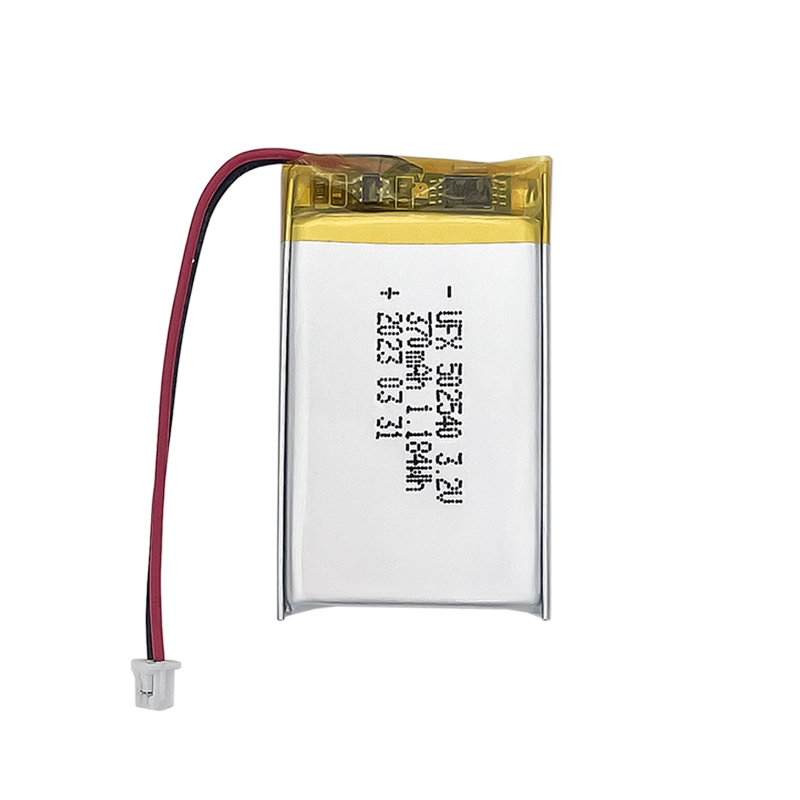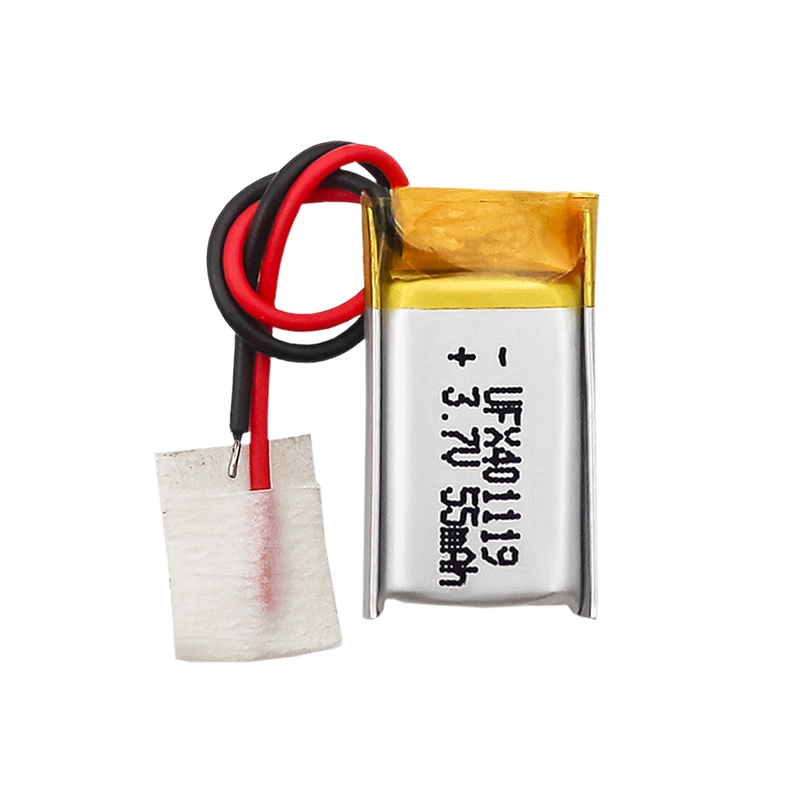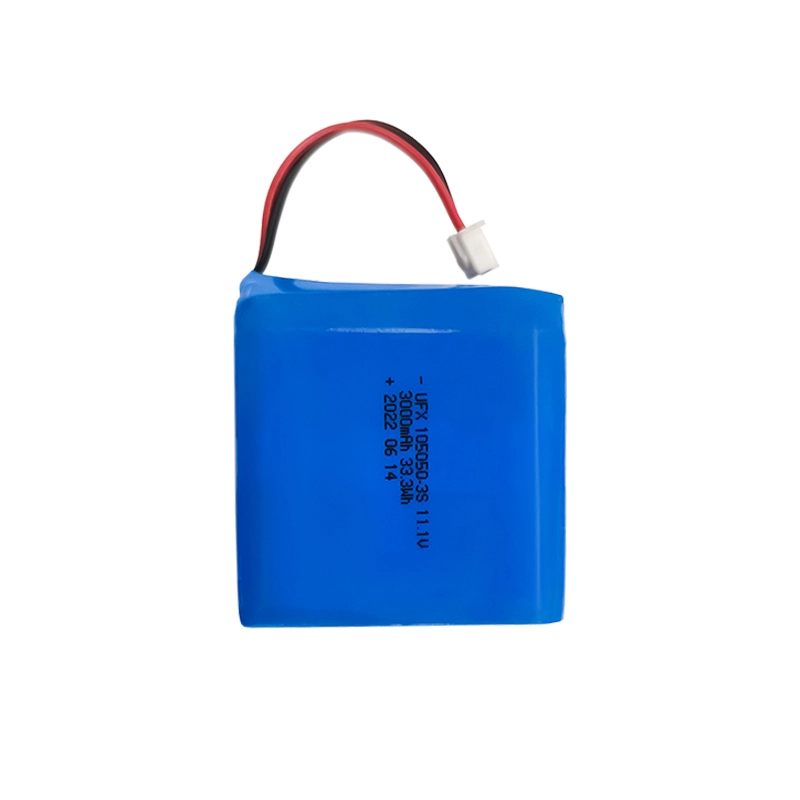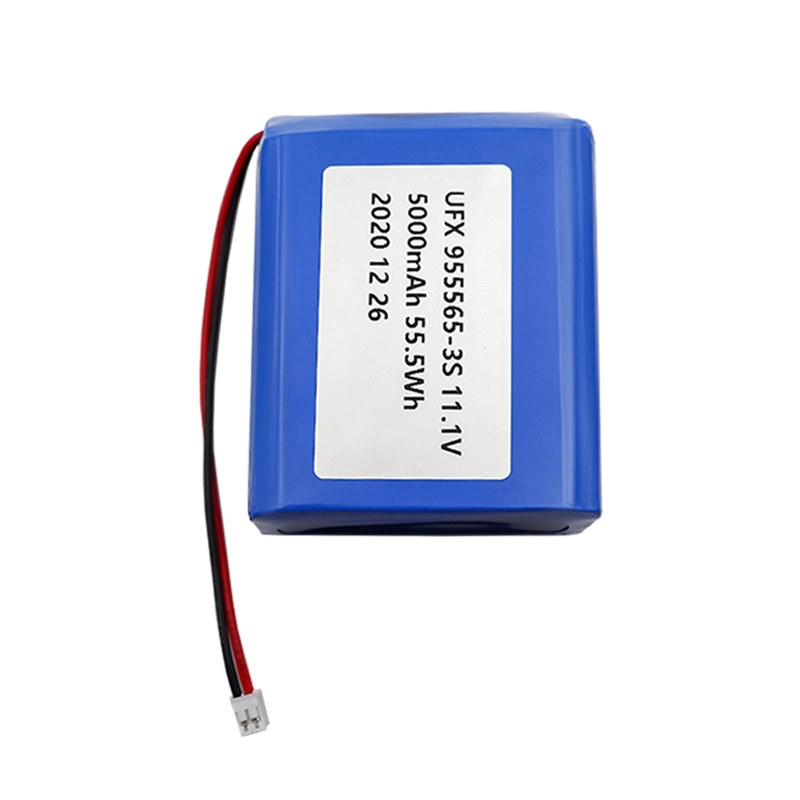
How Long Does An ECG Monitor Battery Last?
What is an ECG monitor?
Ecg monitor is an automated and intelligent instrument. It is mainly used to monitor the physical parameters of patients and plays an important role in ensuring the life safety of critically ill patients. ECG monitors are also the most widely used electronic equipment in hospitals.
ECG Battery
The battery used in an ECG monitor typically powers the device and enables its portable operation. The specific battery type can vary depending on the model and manufacturer. Commonly used battery types in ECG monitors include rechargeable lithium-ion or lithium-polymer batteries, as well as disposable alkaline or lithium batteries.
ECG monitor battery life
The battery life of an ECG monitor depends on various factors such as the capacity of the battery, the power consumption of the device, and the usage frequency. With regular use, the battery of an ECG monitor can typically last for several hours to a few days before requiring recharging or replacement. It is advisable to consult the manufacturer’s instructions or specifications for the specific battery life of the ECG monitor model you are using.
ECG battery maintenance
- Do not remove the ECG battery from the battery slot during monitoring work.
- If the monitor will not be used for a long time, please remove the battery.
- The battery should be optimized when using it for the first time. A complete optimization cycle is uninterrupted discharge, then discharge until the ECG monitor is shut down, and then uninterrupted charging (6 hours). During the use of the ECG monitor, optimization should be performed regularly to maintain its service life.
High Energy Density
It stores large amounts of energy in a smaller and lighter package
Longer Cycle Life
Withstands extensive charge and discharge cycles
Low Self-Discharge
Maintains power longer when not in use
Safety
Minimizes the risk of accidents and ensures safe operation
More Information About ECG Battery
-
Can the ECG monitor be recharged?
-
What battery does the ECG monitor use?
Latest Blogs
About Lithium Battery Industry News
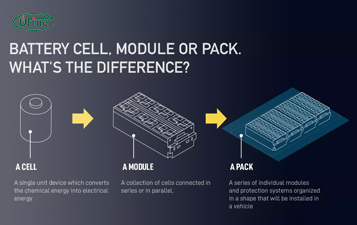
What is the Difference Between Battery Cell, Battery Control Module, and Battery Pack?
Compare battery cells, modules, and packs. Learn functions, design differences, control modules, and selection tips for EV, ESS, and industrial use.
2026/02/28 Ufine

How to Prevent LiPo Battery Explosion?
Can LiPo batteries explode or catch fire? Learn key causes of LiPo battery fires and proven charging, storage, and handling tips to reduce explosion risk.
2026/02/28 Ufine

Aluminium Ion Battery vs Lithium-Ion: A Detailed Comparison
Compare aluminium ion battery vs lithium-ion battery in energy density, charging speed, safety, cost, and uses. A practical guide for engineers and buyers.
2026/02/28 Ufine

C vs D vs AA Battery: Size, Voltage, Capacity & Key Differences Explained
Compare AA, C, and D batteries by size, voltage, capacity, and lifespan. Learn the real difference between C and D batteries and which one you should use.
2026/02/28 Ufine
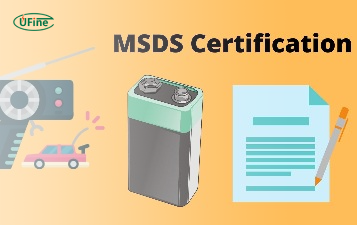
What is a battery MSDS? Learn what a lithium battery MSDS certificate includes, why it’s required for shipping and compliance, and how to read it correctly.
2026/02/27 Ufine

NiMH Battery vs Li-Ion Battery vs NiCad Battery: How are They Different?
Compare NiMH, Li-Ion, and NiCd rechargeable batteries by energy density, lifespan, cost, safety, and applications. Selection guide for engineers and buyers.
2026/02/27 Ufine

